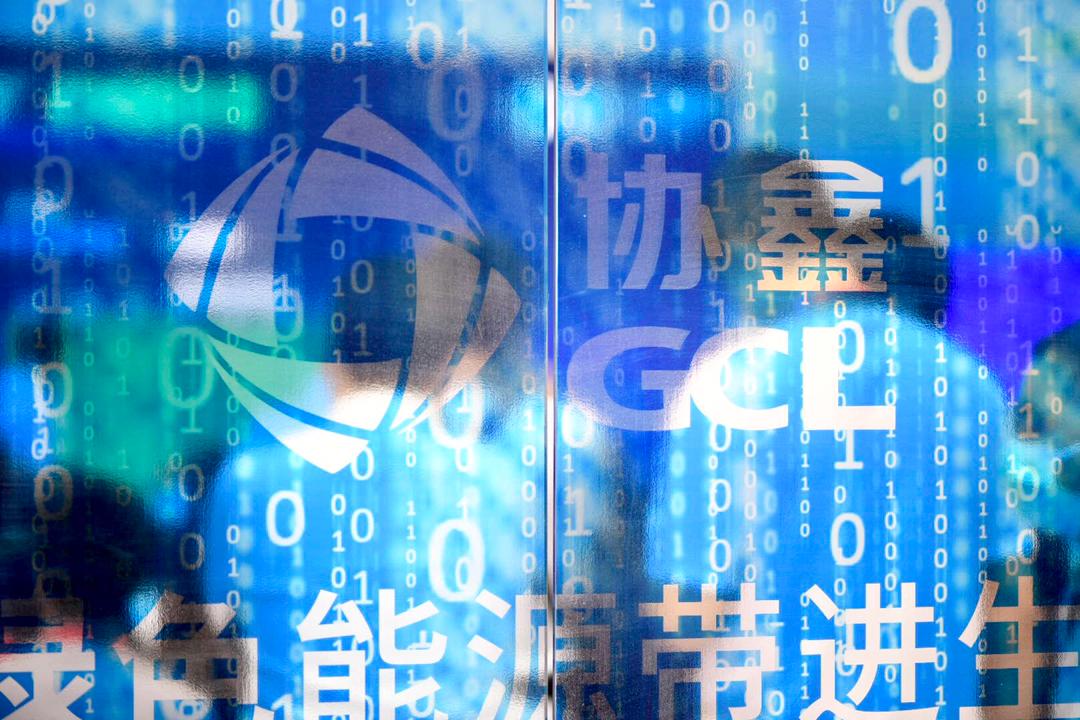The heavily-indebted GCL New Energy solar project business owned by Chinese polysilicon manufacturer GCL-Poly yesterday reported it had achieved the milestone of recovering a positive assets-to-liabilities balance in the first half of the year, and stated it “has entered the final stage of its strategic asset-light transformation.”
In plainer English, that reads as selling off vast chunks of its solar project portfolio to satisfy creditors and GCL said it had disposed of another 2 GW of generation capacity in the January-to-June period, to raise more than RMB4.9 billion (US$757 million) and, therefore, reduce debts by RMB10.3 billion (US$1.59 billion).
pv magazine print edition
The latest project sales were of four project companies with 271 MW of generation capacity announced yesterday, with state-controlled Ningxia Hanguang New Energy Co Ltd the buyer for RMB301 million (US$46.5 million). That deal will represent a book profit of RMB20.8 million (US$3.21 million) and net the seller RMB1.2 billion (US$185 million) while reducing company liabilities by a further RMB1.04 billion (US$161 million). There was a wrinkle, however, with GCL warning the project companies may have to be repurchased if the solar parks in Shenmu are demolished because of “overlying of mineral resources” or “non-compliance of the relevant government notice in relation to the occupation and use of forest land.” The fourth project business concerned – Xixian New District GCL – may have to be repurchased if it fails to be listed for government subsidy this year.
GCL added, the project companies also carry “rectification costs” of RMB3.33 million (US$515,000), with that figure deducted from the purchase price.
Nevertheless, the solar project business was able to report an assets-to-liabilities balance of RMB2.93 billion (US$453 million) at the end of June, compared to a RMB9.23 billion (US$1.43 billion) shortfall a year earlier.
The company did, however, reveal two more missed debt repayments yesterday. Relating to a loan of US$100 million from an unnamed source, GCL said it had now paid US$48 million which had gone unsatisfied on June 23, and had agreed an extension of payment date for the US$52 million balance, until the end of next month. That second tranche of cash had originally been due 11 days ago.
GCL New Energy will continue to sell off its projects, it announced, with state-owned buyers in its sights, and will attempt to refocus on a planned hydrogen operation which will initially hinge on blue hydrogen generated by a sister entity's natural gas input.
Parent company GCL-Poly, whose shares have been suspended from trading on the Hong Kong exchange since April 1 – pending overdue publication of its 2020 figures – this morning said it expects to post a net profit of RMB2.3 billion (US$355 million) from the first six months of the year thanks to soaring polysilicon prices.
The poly maker, which cannot officially state the figures until its 2020 numbers are signed off, said it also brought another 10,000 metric tons of polysilicon manufacturing capacity online in the first half.
This content is protected by copyright and may not be reused. If you want to cooperate with us and would like to reuse some of our content, please contact: editors@pv-magazine.com.




1 comment
By submitting this form you agree to pv magazine using your data for the purposes of publishing your comment.
Your personal data will only be disclosed or otherwise transmitted to third parties for the purposes of spam filtering or if this is necessary for technical maintenance of the website. Any other transfer to third parties will not take place unless this is justified on the basis of applicable data protection regulations or if pv magazine is legally obliged to do so.
You may revoke this consent at any time with effect for the future, in which case your personal data will be deleted immediately. Otherwise, your data will be deleted if pv magazine has processed your request or the purpose of data storage is fulfilled.
Further information on data privacy can be found in our Data Protection Policy.